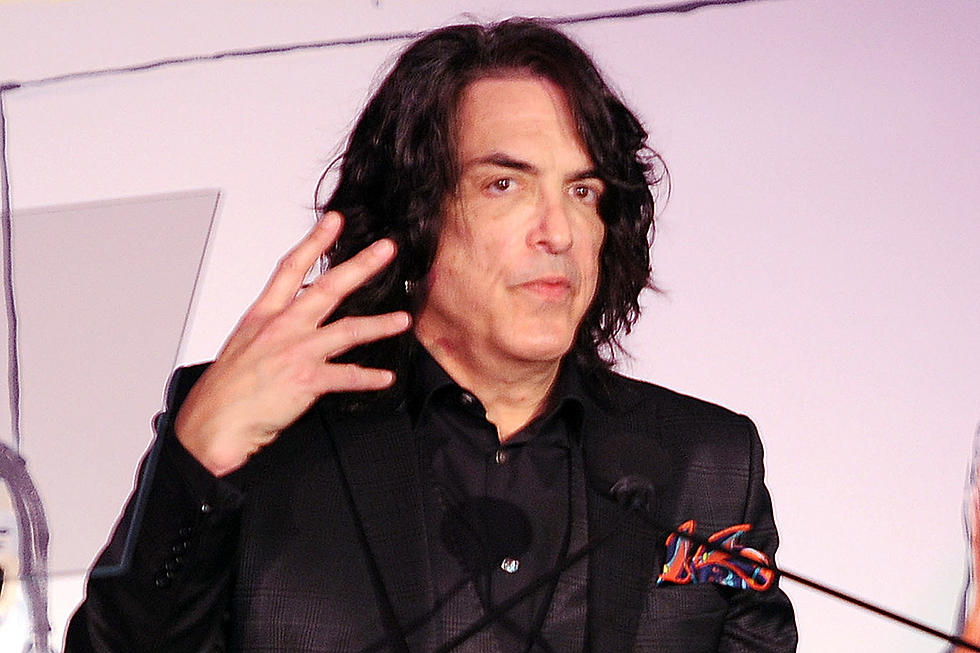
Led Zeppelin’s monumental influence on rock ‘n’ roll is undeniable. Their legendary series of albums, spanning from their 1969 debut to 1975’s Physical Graffiti, laid the groundwork for heavy metal and solidified the band’s place in rock mythology.
The blend of folk and blues infused their powerful songcraft with a grounded, mystical quality that kept them from veering entirely into the grandiose excesses of progressive rock. Embracing the album-oriented rock (AOR) movement, each record became something of a mystical artefact, acting as a portal to realms far removed from the room where the music was playing.
During an interview last year with Goldmine, Kiss guitarist Ace Frehley revealed the ten albums that changed his life. Naturally, The Bronx Spaceman’s list is peppered with guitar-focused records from his youth and during those crazy years of Kiss’ greasepaint classic era. A healthy love of the British invasion is clearly evident. There’s Meet the Beatles!, the American iteration of the Fab Four’s second LP, The Kinks’ conceptual Lola Versus Powerman and the Moneygoround, Part One, and of course, The Rolling Stones get a shoo-in with their raw classic Out of Our Heads.
One record in particular that made Frehley bestow high praise is Led Zeppelin’s explosive self-titled debut. He elaborates: “I’ve said it before, and I think we all know that Jimmy Page is one of my favourite guitar players. This album greatly impacted me as a kid growing up in the Bronx”.
Frehley added: “I love all of Zeppelin’s records, that’s the blueprint of rock and roll right there. But the first does it for me the most. I covered ‘Good Times, Bad Times’ on my last Origins record as a sort of homage to Page and what he was able to do on that album. Amazing music, a fantastic record, and totally influential to me as a guitarist before I truly knew what I was doing!”
While Kiss never reached the critical adulation that Zeppelin enjoyed (which they never sought), you can certainly hear their influential effect on Kiss’ early records. ‘Cold Gin’, penned by Frehely, struts itself with Jimmy Page’s sense of ballsy big riff swagger, and ‘Black Diamond’ attempts to reach for Zeppelin’s folk touches on the track’s intro. Frehley sticking to his rock guns on the ill-conceived ’78 solo series, it’s his quarter of the shabby quadruple that holds up the best, doing his homework and studying rock’s “blueprint” while Gene Simmons was singing Disney songs (yes, really).
Read more!





 Very hard to find promo poster for the first issue of Gene Simmons House of Horrors. Signed by Gene Simmons and Nick Simmons! Measures 25 x 37 inches. Looks amazing!
Very hard to find promo poster for the first issue of Gene Simmons House of Horrors. Signed by Gene Simmons and Nick Simmons! Measures 25 x 37 inches. Looks amazing!

